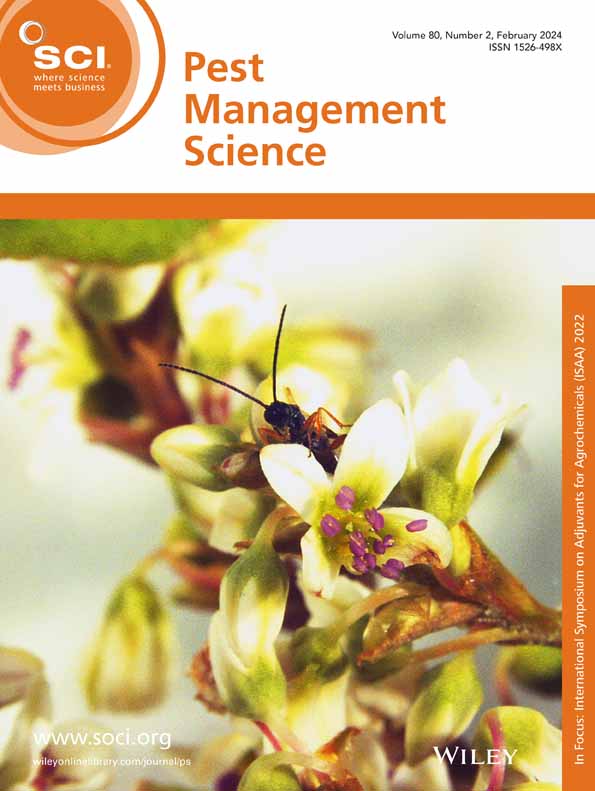Overexpressing CrSMT disrupts the growth and development of herbivorous insects by changing the composition of sterols in cotton
Abstract
BACKGROUND
Herbivorous insects cause substantial losses in cotton production worldwide. To resolve insect resistance and environmental pollution challenges, an innovative and eco-friendly strategy for pest management is needed. Insects acquire sterols from dietary sources because they cannot endogenously synthesize them de novo. CrSMT, a sterol methyltransferase gene, can alter sterol profiles. We introduced CrSMT into cotton (Gossypium hirsutum) to modify sterol content. This has enabled the investigation of the potential of CrSMT in pest management.
RESULTS
CrSMT-transgenic lines were generated via Agrobacterium-mediated transformation, and CrSMT was successfully expressed in the transgenic lines L17 and L25. The proportional expression of the three main phytosterols was altered in transgenic cotton. RNA sequencing results showed that numerous pathways associated with insect resistance were enriched in the L17 and L25 transgenic lines, and these pathways contribute to the ability of plants to produce large quantities of volatile secondary metabolites, helping them build defense responses against herbivorous insects. Spodoptera litura preferred R15 (wild-type) to L17 and L25 leaves in selective and non-selective feeding assays. Feeding experiments revealed that growth and development were delayed in S. litura fed transgenic cotton. Similar results were obtained for Apolygus lucorum and Helicoverpa armigera. Larval growth and development were delayed, and the length significantly decreased. In addition, the mortality rate of A. lucorum increased.
CONCLUSION
The results of functional and molecular mechanism analyses of CrSMT overexpression in cotton indicate that CrSMT transgenesis is a promising broad-spectrum and eco-friendly insect-resistance strategy that can alter the sterol content of plant tissues without adverse effects on plants. © 2025 Society of Chemical Industry.




 求助内容:
求助内容: 应助结果提醒方式:
应助结果提醒方式:


